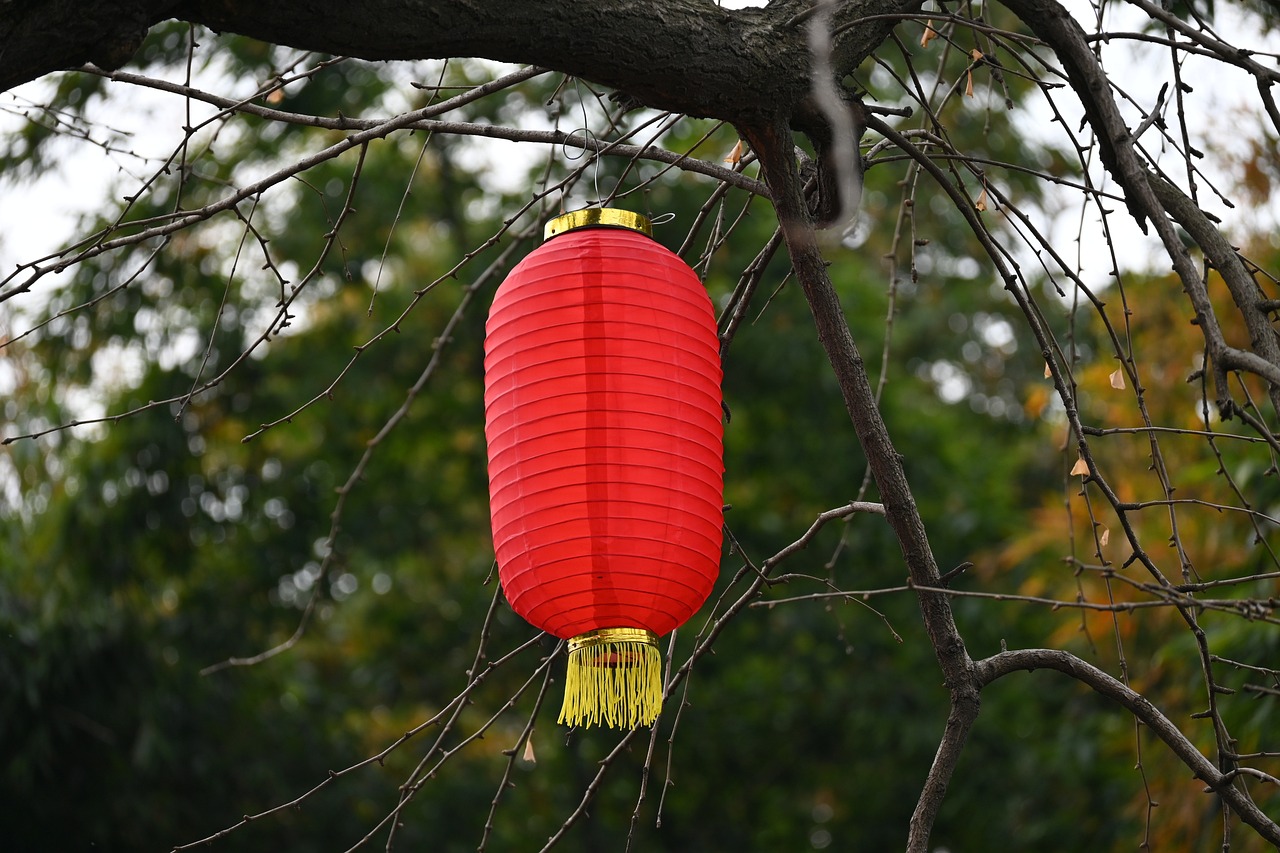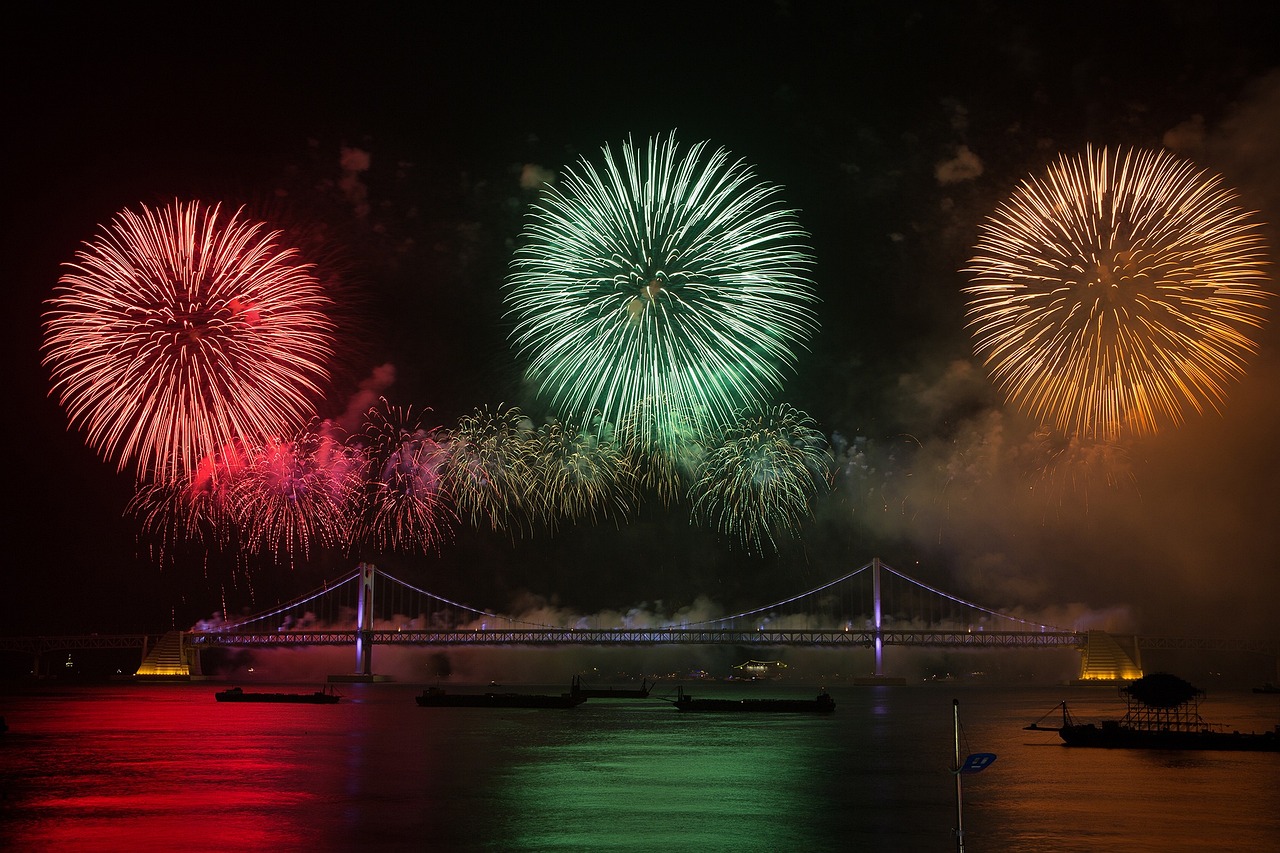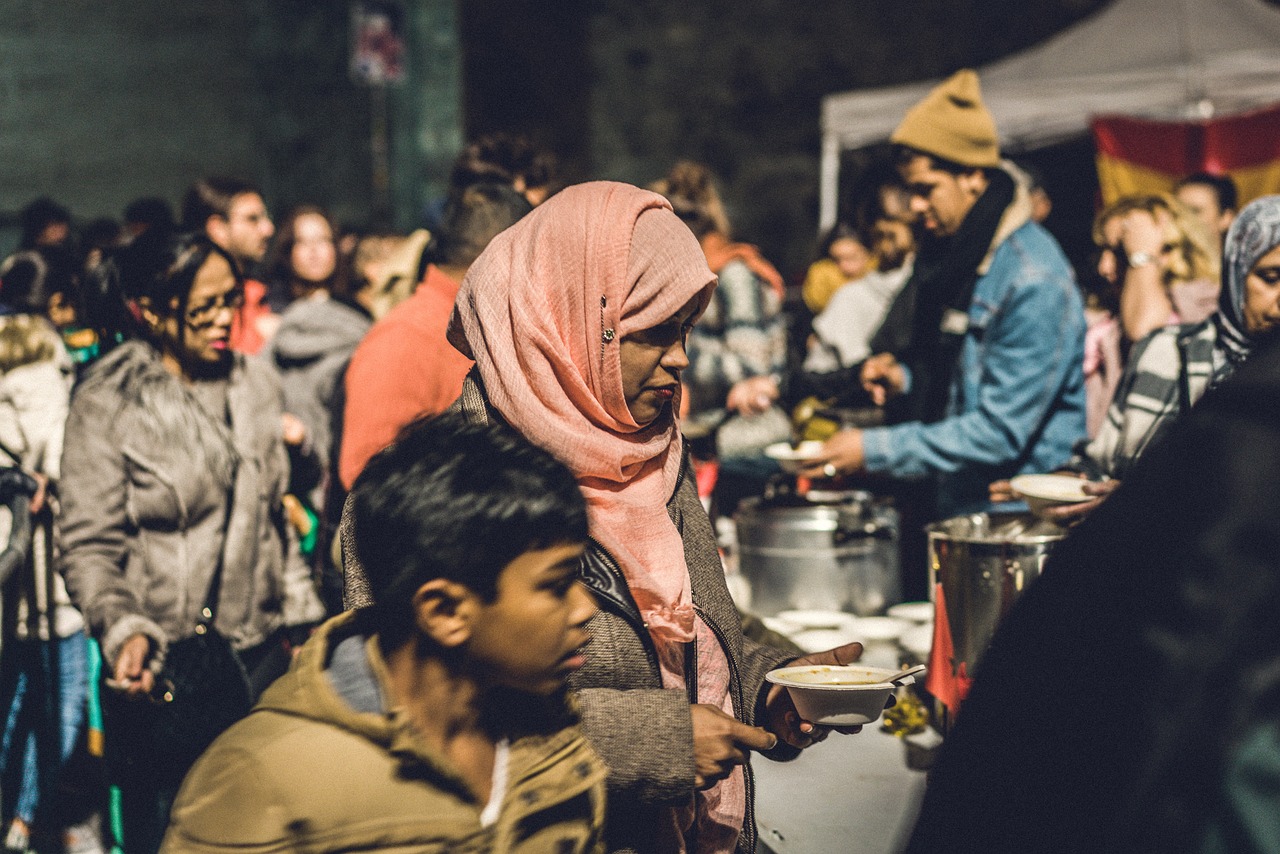The Unique Rituals of the Ethiopian Timkat Festival
Exploring the vibrant and sacred traditions of the Timkat Festival in Ethiopia reveals a tapestry of unique rituals that captivate both locals and visitors alike. This grand celebration of the Epiphany is a colorful mosaic of customs and practices that pay homage to the rich cultural heritage of the country. From intricate ceremonies to joyful gatherings, the Timkat Festival is a spectacle that showcases the deep spiritual roots and festive spirit of Ethiopia.

Origins and Significance
The Timkat Festival in Ethiopia, known for its vibrant and sacred traditions, has deep roots in Ethiopian Orthodox Christianity. Originating from the belief in the baptism of Jesus in the Jordan River, the festival holds immense significance for the Ethiopian people. It is a time when communities come together to celebrate their faith and heritage through colorful processions, intricate ceremonies, and joyful gatherings that reflect the rich cultural tapestry of the country.

Ceremonial Preparations
Before the vibrant celebrations of the Timkat Festival in Ethiopia can begin, meticulous ceremonial preparations take place to ensure that every detail is perfect for this sacred event. The atmosphere is filled with anticipation and reverence as the community comes together to adorn churches with colorful decorations, creating a visual spectacle that sets the stage for the festivities.
One of the most striking elements of the ceremonial preparations is the crafting of ceremonial umbrellas, intricately designed and adorned with symbols of religious significance. These umbrellas play a symbolic role during the festival, representing protection and divine presence as they are carried in processions and ceremonies.
Throughout the days leading up to the Timkat Festival, priests engage in purification rituals to spiritually cleanse themselves and prepare for their important roles in the upcoming ceremonies. These rituals are steeped in tradition and are essential for ensuring the sanctity of the festival.
The entire community is involved in the preparations, coming together to create a harmonious and visually stunning environment that reflects the deep spiritual roots of the Timkat Festival. Every aspect of the ceremonial preparations is infused with meaning and symbolism, contributing to the overall sense of reverence and joy that permeates the festival.

Processions and Chants
During the Timkat Festival in Ethiopia, the vibrant processions and melodious chants form an integral part of the celebration, captivating participants and spectators alike. The streets come alive with a kaleidoscope of colors as priests, deacons, and worshippers march in unison, carrying ornate banners and religious symbols high above their heads. The rhythmic chanting of hymns fills the air, creating a mesmerizing atmosphere that resonates with spiritual energy.
These processions are not merely displays of pageantry but are deeply rooted in the religious traditions of the Ethiopian Orthodox Church. They symbolize the journey of faith and the collective devotion of the community towards their shared beliefs. As the procession winds its way through the streets, the participants offer prayers and blessings, invoking a sense of reverence and unity among all those present.
The chants sung during the processions are steeped in centuries-old tradition, passed down through generations to preserve the sacred essence of the festival. The harmonious melodies echo the solemnity of the occasion, instilling a sense of awe and reverence in the hearts of the faithful. Each chant carries with it a profound meaning, connecting the participants to the spiritual significance of the event and reinforcing their bond with their religious heritage.

Baptismal Reenactments
One of the most symbolic and poignant aspects of the Timkat Festival in Ethiopia is the . This ritual holds deep significance as it commemorates the baptism of Jesus in the Jordan River. Participants immerse themselves in pools of water, symbolizing the act of baptism and the cleansing of sins. The clergy play a central role in blessing the water and offering prayers for the faithful seeking spiritual renewal.
During the , the atmosphere is charged with reverence and devotion. The act of immersion in water is not merely a physical gesture but a profound spiritual experience, evoking a sense of purification and rebirth. It is a moment of reflection and renewal, a symbolic journey towards spiritual enlightenment and forgiveness.
The are a visual representation of faith and commitment. Participants emerge from the water with a renewed sense of purpose and dedication to their spiritual beliefs. The ritual serves as a reminder of the importance of spiritual cleansing and the continuous journey towards spiritual growth and enlightenment.

Feasting and Fellowship
Feasting and Fellowship during the Timkat Festival are more than just mere acts of eating and socializing; they are integral components of the spiritual and communal experience that defines this vibrant celebration. As families and friends gather in joyous unity, the aroma of traditional Ethiopian dishes fills the air, tantalizing the taste buds and symbolizing the richness of the country's culinary heritage.
The communal feasting is a time-honored tradition that fosters a sense of togetherness and shared cultural identity. Participants come together to partake in elaborate meals that include injera, a spongy flatbread, and a variety of flavorful stews and dishes made from indigenous ingredients. The act of sharing food and breaking bread together signifies unity, hospitality, and the spirit of generosity that permeates Ethiopian society.
As the feasting ensues, conversations flow freely, laughter fills the air, and bonds are strengthened through the act of sharing a meal. It is a time for reconnecting with loved ones, forging new friendships, and celebrating the blessings of community and fellowship. The exchange of gifts and expressions of goodwill further enhance the sense of camaraderie and mutual respect among participants.
Amidst the feasting, traditional music and dance performances add a festive ambiance to the gathering, infusing the atmosphere with energy and rhythm. Colorful costumes, vibrant displays of artistry, and the rhythmic beats of traditional instruments create a sensory feast that complements the culinary delights on offer.
Overall, the feasting and fellowship during the Timkat Festival serve as a reminder of the importance of coming together in celebration, gratitude, and unity. It is a time to savor the flavors of Ethiopia, embrace the warmth of community, and revel in the shared experiences that make this festival a truly memorable and enriching occasion.

Blessing of the Waters
One of the most sacred and symbolic rituals of the Timkat Festival is the Blessing of the Waters, a profound ceremony that holds deep spiritual significance for Ethiopian Orthodox Christians. This ritual symbolizes purification, renewal, and spiritual cleansing, drawing parallels to the baptism of Jesus in the Jordan River. During this solemn occasion, holy water is blessed by the clergy in a ceremonial manner, imbuing it with divine grace and sanctity.
The Blessing of the Waters is a moment of reverence and devotion, as the faithful gather to partake in the blessed water, believing in its power to wash away sins and bestow blessings upon their lives. The act of receiving the blessed water is seen as a transformative experience, a symbolic immersion in the divine grace that brings about spiritual rebirth and rejuvenation.
As part of the Blessing of the Waters ceremony, the clergy lead prayers and hymns, invoking the presence of the Holy Spirit to sanctify the water and infuse it with divine energy. The faithful participate in the ritual with reverence and awe, understanding the profound spiritual significance of the blessed water in their lives and the community as a whole.
Through the Blessing of the Waters, participants seek spiritual purification and renewal, seeking to cleanse their souls and hearts in preparation for the year ahead. The act of receiving the blessed water is a moment of connection with the divine, a reaffirmation of faith, and a source of strength and guidance for the challenges that lie ahead.

Night Vigils and Prayers
As the sun sets on the final day of the Timkat Festival in Ethiopia, a serene transformation takes place across the land. The hustle and bustle of the day give way to a profound sense of reverence and devotion as worshippers gather for the Night Vigils and Prayers. This sacred time of reflection and spiritual connection is a cornerstone of the festival, drawing participants into a meditative state of contemplation and prayer.
Under the blanket of the night sky, churches and open spaces become illuminated with flickering candlelight, casting a soft glow over the faces of the faithful. The air is filled with the murmurs of prayers, the melodic chants of hymns, and the rustle of robes as worshippers bow their heads in solemn devotion. It is a time of quiet introspection and communal unity, where the barriers of individuality dissolve in the shared experience of faith.
As the night deepens, the vigils continue, with participants engaging in heartfelt prayers for blessings, forgiveness, and guidance. The flickering flames of candles symbolize hope and spiritual illumination, guiding the faithful through the darkness of the night towards the dawn of a new day filled with promise and grace.
The Night Vigils and Prayers of the Timkat Festival are a poignant reminder of the enduring power of faith and the profound connection that unites believers in a shared journey of spirituality. In the stillness of the night, hearts are lifted in prayer, souls are nourished by the divine presence, and minds are stilled in contemplation of the mysteries of the universe.

Cultural Festivities and Traditions
When it comes to the of the Timkat Festival in Ethiopia, one is immersed in a kaleidoscope of vibrant celebrations that showcase the country's rich heritage and artistic expressions. The festival is not just a religious event but a cultural extravaganza that brings together music, dance, art, and craftsmanship in a harmonious blend of tradition and modernity.
During the Timkat Festival, the streets come alive with the rhythmic beats of traditional Ethiopian music, setting the stage for captivating dance performances that tell stories of ancient legends and folklore. Dancers adorned in colorful costumes move gracefully, their movements reflecting the spirit and energy of the festivities.
Artisans and craftsmen display their skills in intricate handwoven textiles, ornate jewelry, and beautifully crafted pottery, showcasing the artistic talents that have been passed down through generations. Visitors have the opportunity to witness the creation of these masterpieces firsthand, gaining a deeper appreciation for the craftsmanship and creativity of the Ethiopian people.
One cannot overlook the significance of traditional Ethiopian cuisine during the Timkat Festival. Families and communities come together to prepare and share traditional meals, such as injera, doro wat, and kitfo, creating a sense of unity and togetherness through the act of breaking bread together.
Colorful processions featuring vibrant banners, ceremonial umbrellas, and religious symbols parade through the streets, adding a visual spectacle to the festivities. These displays of cultural pride and heritage serve as a reminder of Ethiopia's rich history and the enduring traditions that continue to thrive in the modern world.
Furthermore, the Timkat Festival provides a platform for local artists and performers to showcase their talents, with live music performances, storytelling sessions, and theatrical presentations captivating audiences of all ages. The festival becomes a stage where creativity and expression are celebrated, fostering a sense of community and cultural appreciation among participants.
Frequently Asked Questions
- What is the significance of the Timkat Festival?
The Timkat Festival is a celebration of the Epiphany in Ethiopian Orthodox Christianity, commemorating the baptism of Jesus in the Jordan River. It holds great spiritual importance for the community.
- What are some of the key rituals performed during the Timkat Festival?
Some of the key rituals include ceremonial preparations such as decorating churches and crafting ceremonial umbrellas, elaborate processions with singing and banners, baptismal reenactments, feasting, and the Blessing of the Waters.
- How do participants commemorate the baptism of Jesus during the festival?
Participants immerse themselves in pools of water as a symbolic reenactment of Jesus' baptism, seeking blessings from the clergy. This act signifies purification, renewal, and spiritual cleansing.
- What cultural festivities can one expect to see at the Timkat Festival?
Attendees can experience traditional music and dance performances, colorful costumes, and vibrant displays of Ethiopian art and craftsmanship, showcasing the rich cultural heritage of the country.
- Are there opportunities for communal gatherings and feasting during the festival?
Yes, the Timkat Festival is a time for families and friends to come together, share traditional meals, exchange gifts, and celebrate in unity and joy, fostering a sense of community and fellowship.



















